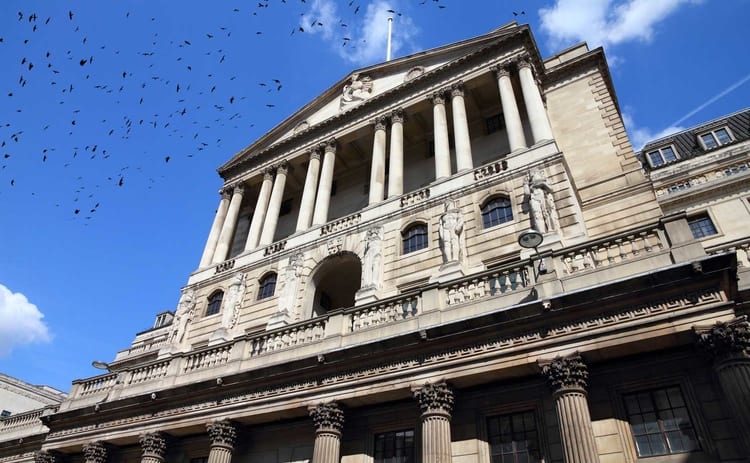The Bank of England on Tuesday unveiled yet more measures aimed at calming markets rocked by a UK budget as it warned over risks to the nation’s financial stability.
The week had already seen action taken by the BoE and UK government aimed at bringing calm to markets.
The move is in response to soaring UK bond yields and after the pound tumbled to a record low against the dollar since the government of new Prime Minister Liz Truss unveiled debt-fuelled tax cuts in a budget last month.
A day after it launched a temporary facility aimed at easing liquidity pressures, the central bank Tuesday said it was widening the scope of daily purchases of UK government bonds, or gilts, until Friday.
In a statement, the BoE said the latest action would “act as a further backstop to restore orderly market conditions”.
It noted that “the beginning of this week has seen a further significant repricing of UK government debt, particularly index-linked gilts”, which the central bank will now purchase under its wider operation of bond purchases.
“Dysfunction in this market, and the prospect of self-reinforcing ‘fire sale’ dynamics pose a material risk to UK financial stability,” it added.
In more positive news, official data Tuesday revealed British unemployment fell to a near 50-year low at 3.5 percent.
Wages, however, continue to be eroded by sky-high inflation.
The British government on Monday brought forward key economic forecasts to Halloween, hoping not to spook markets further.
Finance minister Kwasi Kwarteng will unveil debt-reduction plans and independent economic predictions on October 31 rather than in late November.
It comes after Chancellor of the Exchequer Kwarteng was already forced to axe a tax cut for the richest earners, in the face of outrage as millions of Britons face a cost-of-living crisis with UK inflation around 10 percent.

